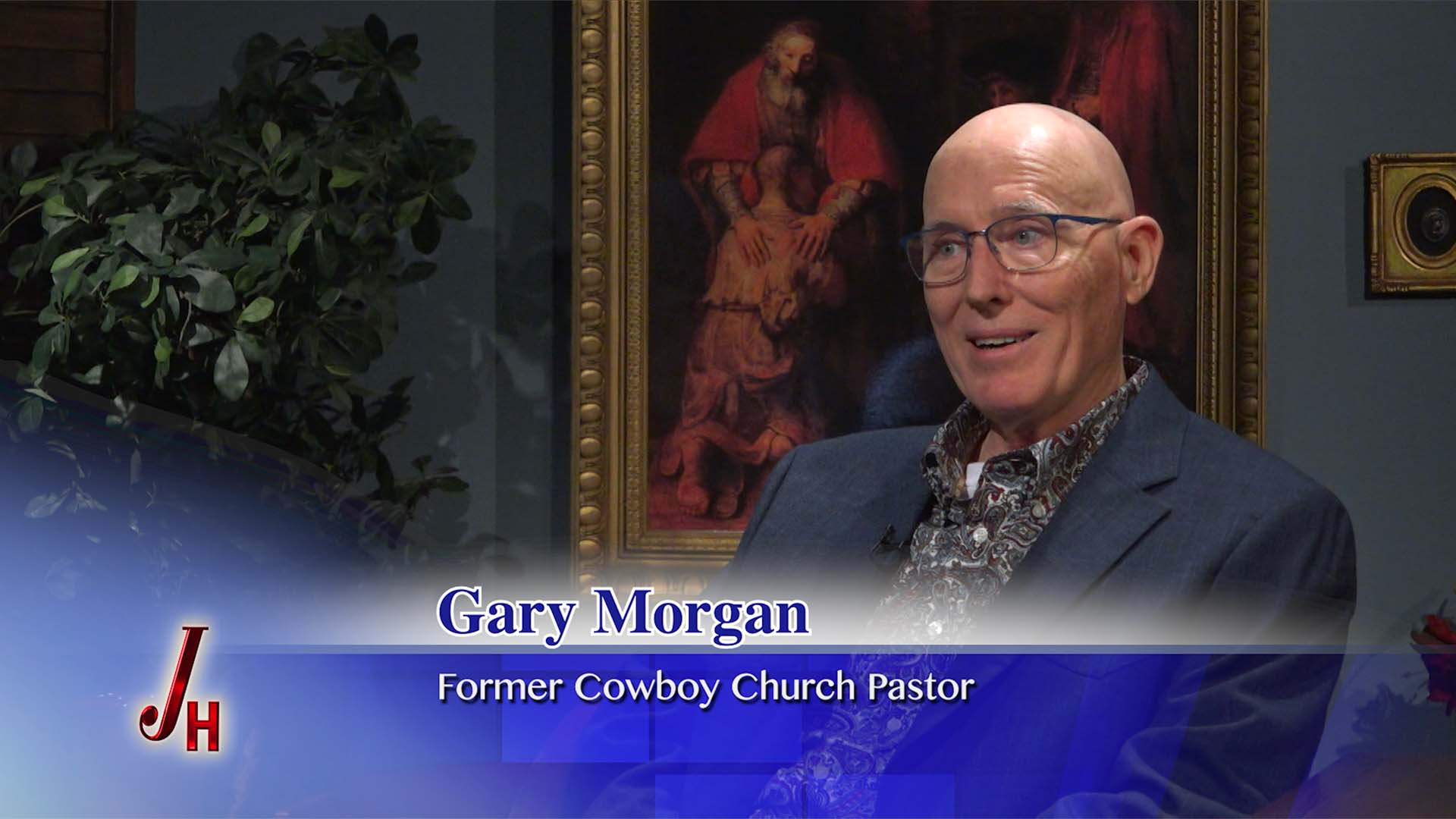I lacked any experience of the Catholic Faith growing up as a child and had little until about six years ago. I was introduced to Jesus and the Christian faith
All Stories
I was a Methodist from the time I was an embryo, which is my way of saying that my parents were Methodist and both sets of grandparents were Methodist. Although
It was 11:45 p.m. and I couldn’t sleep. I was anxious about a phone conversation I overheard my wife, Laurie, was having with her mother about Catholicism, and my patience
Before I was thirty years old, I never considered the Catholic faith as anything more than a curiosity. Why would anyone be persuaded to worship the Virgin Mary, the saints, and statues in the place of Jesus? How could Catholics be deluded enough to think they could sin all week, confess to a priest on Saturday, so they could receive communion on Sunday, and still think they would make it to heaven? We were taught many more sinister suspicions about Catholics and warned to stay away from them because ours was the “full Gospel.” We believed even most of the other Protestant churches did not interpret the Scriptures correctly and we were never quite sure of their salvation.
Once I began to understand what the Catholic Church really taught (as opposed to what I had thought it taught) on issues such as the papacy, the Eucharist, and the relationship of faith and works in regard to justification, it seemed to harmonize better with Scripture and make more coherent sense.
A Feminist Rebellion
I was raised in the Grace Brethren Fundamentalist branch of Protestant Christianity during the 1960’s and 70’s. I am grateful for a lot of the Bible-based teaching I learned there and from my mother; for the steeping and memorization of Bible passages; for all the wonderful stories that engrossed me; for the hearing the words of Jesus and His pure love. But my rebellious bent began to grow as I reached 15 and became skeptical about the manner of this branch of Christianity and the hypocrisy I witnessed around me and inside me. I wanted nothing to do with youth group. I had a strong dislike of the “saving of souls” that took place at the end of the preaching during particularly sad hymns. I took to sneaking out of the church and driving around in my parents’ car during the service. My absconding intensified when my pastor claimed to know when the world was going to end and picked a day that came and went while he remained at the pulpit.
On March 22, 2008, just two months shy of my thirty-sixth birthday I entered into full communion with the Catholic Church. I stood before the altar and, in front of
Growing up in a Conservative Jewish home in suburban Toronto, I was a regular attendee at synagogue on Sabbaths and High Holy Days, and I lived a committed Jewish life. My father is a Polish Holocaust survivor from Auschwitz, and my mother’s family escaped the organized massacres of Jews in Russia.
My sister and I were raised in Canada in a Jewish, Yiddish-speaking environment where all our friends were Jewish, and Israel was our raison d’être. Christianity was the religion of the outsiders, the faith of anti-Semites and Jew-haters, the creed of the Crusaders, Inquisitors, Persecutors, and Nazis. Yet my mother would remind me continually that “Jesus was a Jew.”
Once a minister of the Episcopal Church, I am today a Roman Catholic Priest, serving as pastor of the parish of St. Elizabeth Ann Seton in the Diocese of Fort Worth, Texas. As it turns out, becoming a Catholic priest brought me “full circle.” Allow me to share with you how and why.
Sometimes, when people tell me that they cannot understand why anyone would want to be a part of such an antiquated, structured, and hierarchical institution like the Catholic Church, I feel as though I’ve been asked to justify the reasons why a person would need a home or a family.
My friend, Sean, watched his father, Henry, die. Henry had been a WWII hero, a flying Tiger. Henry radiated Yankee independence, frugality, and self-sufficiency. He built his own house in Connecticut. He loved time in the woods. He raised his children well. But now he was gone.
Sean’s mother, Mary, continued to live in their family home for the next few years, until she chose to move to Florida. My friend, Sean, helped her clean out the decades of belongings and collections from the family home so she could sell it and relocate. Fifty years of memories had accumulated in that old house.
I have often considered God’s providence in my Baptist upbringing. Throughout my adult life a thankfulness for the gift of a moral Christian upbringing has grown within me. And I







